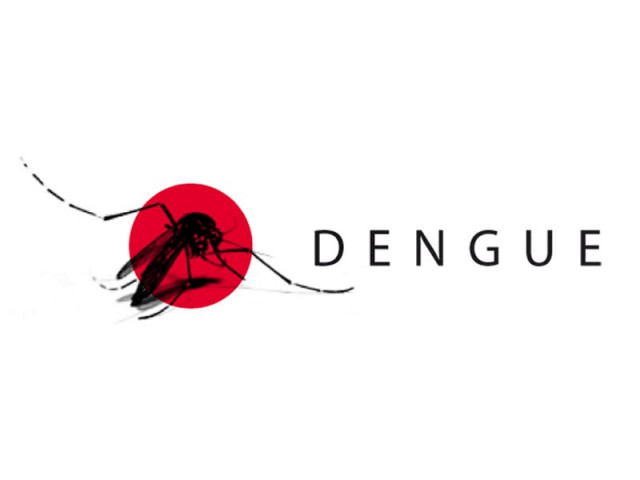Service delivery: ‘Nazims and councillors would have done more’
Punjab deprived of network of representatives with ties to local communities.

The Punjab government’s decision to dispense with the local government system deprived it of a network of community-based representatives who would have done much better combating the spread of dengue, according to former nazims.
The government suspended the local government system shortly after coming to power and has yet to decide on a replacement system. Former local government leaders said that the current local administrators – all officers of the District Management Group (DMG) – do not have the local knowledge, outreach and drive to deal with matters of public concern that local nazims did.
“When dengue broke out in Lahore in 2005 the local governments played a crucial role in controlling it,” said former Lahore naib nazim Idrees Khalil. “There were 2,100 elected councillors at the time and they took an active part in cleaning their areas, conducting sprays. They knew their areas and did a good job. Now we have 35 parliamentarians and their coordinators dealing with dengue. It’s not enough,” he said.
He said that the current government had reacted late to the outbreak and waited too long to take precautionary measures. He also questioned how funds meant to combat public health problems were being spent.
Under the previous system, each union council was allocated Rs2,000 per month for the purchase of insecticide. An epidemic control officer (ECO), now replaced by the district officer for public health, was responsible for monitoring and providing manpower for spraying in the 150 union council of Lahore through a central office.
A former ECO said that he had 88 employees for spraying. “We covered about ten union councils every day on the request of nazims, naib nazims and councillors. We would cover the whole city in about 15 days. Our teams reported to the elected members and they supervised the spray. The elected members then made a weekly report and submitted it to the executive district officer (EDO), who forwarded it to higher authorities, he said. “If there was a shortage of insecticides the elected members used their own funds to purchase more,” he said.
He said that local government officials sprayed the city twice a year and focussed on intra-residential spray (IRS), meaning outside houses. “We’d spray mosquito breeding sites before the change of weather. We bought about 7,000 litres of deltamethine spray every year. We were told to focus mainly on open sites like railway stations, prisons, factories, godowns and schools,” he added.
Khalil said he believed that elected representatives would have tackled dengue quicker this year if they had still been around. “The administrators now are not answerable to the public so they don’t have the same incentive to listen to them. Also the public does not know who to approach on municipal matters,” he said.
UC nazims were given funds for the municipality, they were approachable, knew the problems of the area and spent most of their time in their offices where they could be approached by the public, he said. Khalil said that the Punjab government did not appear to have a real strategy for the city. “Previously the whole government machinery was focusing on removing encroachments. Then Ramazan came and they all moved to price control. Now all staff and machinery is devoted to combating dengue. Where is the strategy?”
Danial Aziz, head of the Jeevay Pakistan Jeevay Muqami Hakumat and architect of the previous local government system, said that the chief minister was now asking local communities for help to fight the dengue virus, which was proof that they were missing the network provided by the local bodies system.
“The governments of developed countries always seek the help of local governments in times of crisis because they are well connected with the local community,” Aziz said. “The Punjab government is trying to deal with municipal matters through officers who do not even speak the local tongue.” Punjab government spokesman Senator Pervaiz Rasheed said that he did not believe the local government system would have curbed the current dengue outbreak. He said that foreign experts had told them that most dengue-spreading mosquitoes were in people’s houses, so the IRS spray would not have made much of a difference.
“I agree that local governments are needed to deliver at the grassroots level, but the system that Pervez Musharraf introduced had many flaws. I think if that system was still around the nazims would have misused the funds for insecticide sprays,” he said.
Rasheed said that a bill for a new local government system had been presented in the provincial cabinet and would soon be presented in the Punjab Assembly.
Published in The Express Tribune, October 10th, 2011.


















COMMENTS
Comments are moderated and generally will be posted if they are on-topic and not abusive.
For more information, please see our Comments FAQ